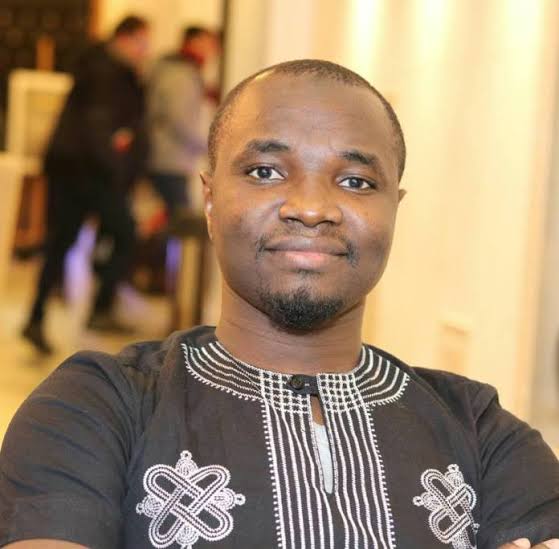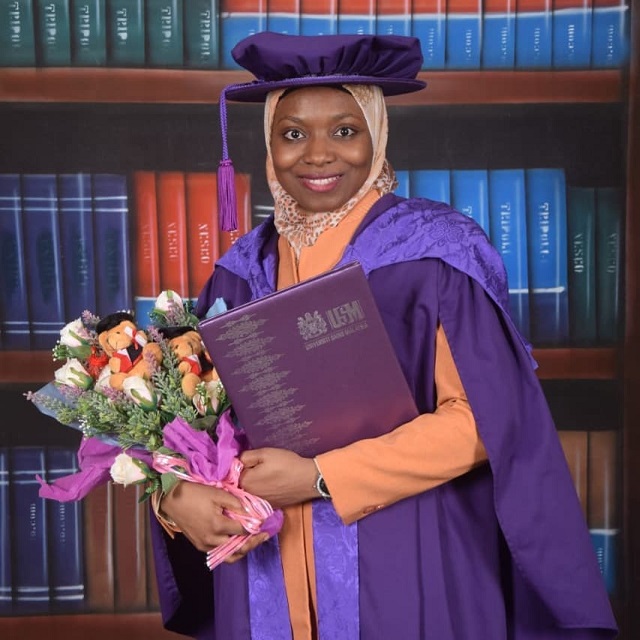Religion doesn’t hinder national development, by Dr. Muhsin Ibrahim
Someone on Facebook argues that religion hinders countries from developing. I fail to see the connection. Politics is chiefly responsible for a country’s development or lack thereof. Islam and Christianity,…

